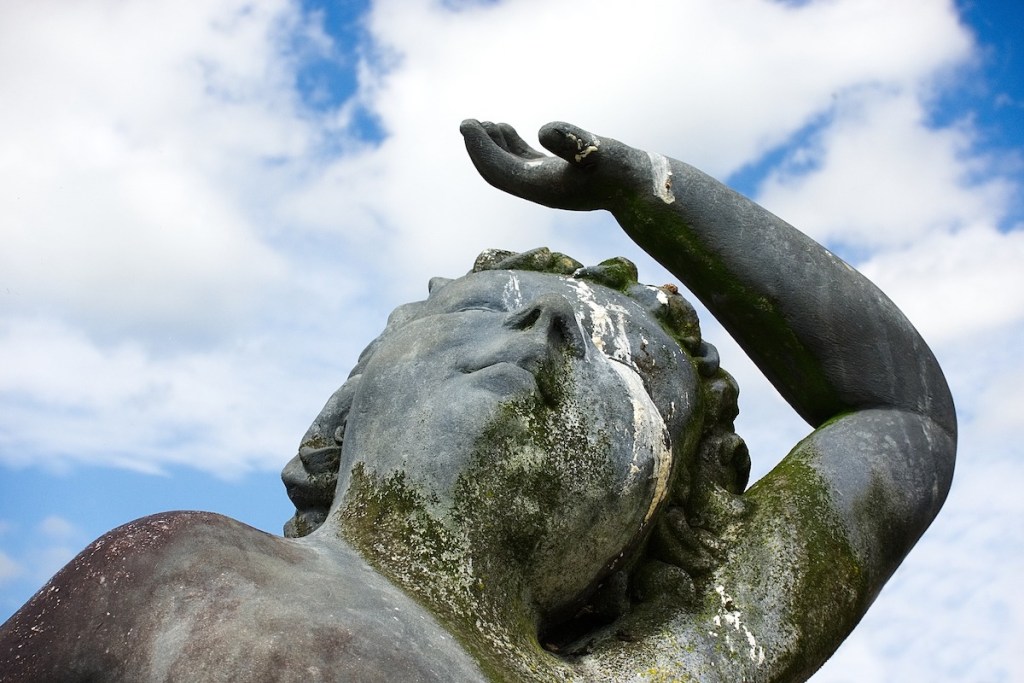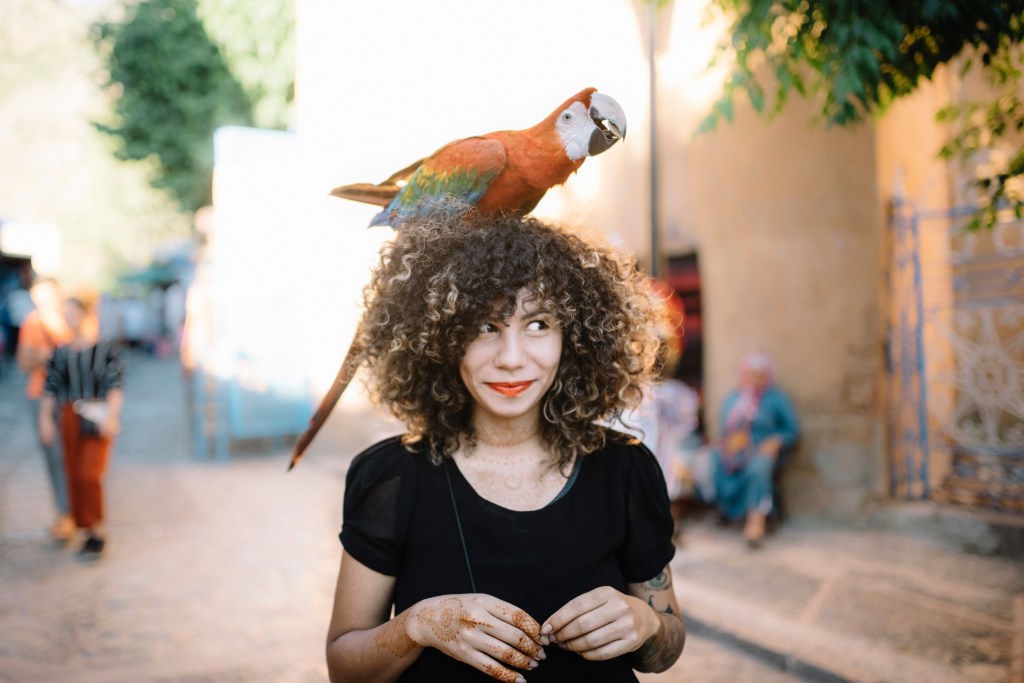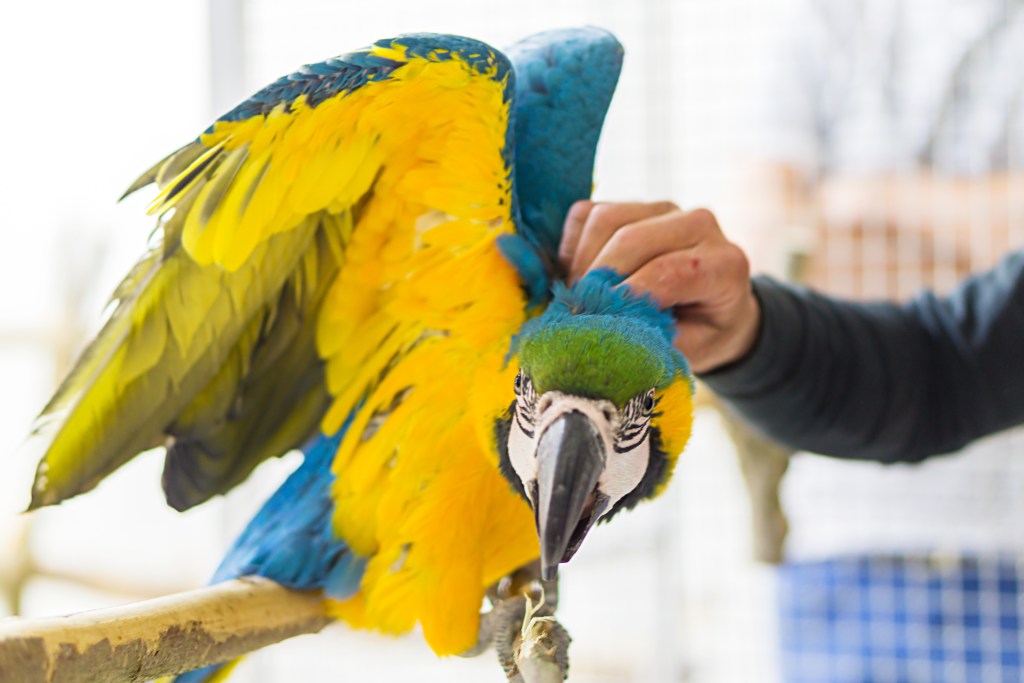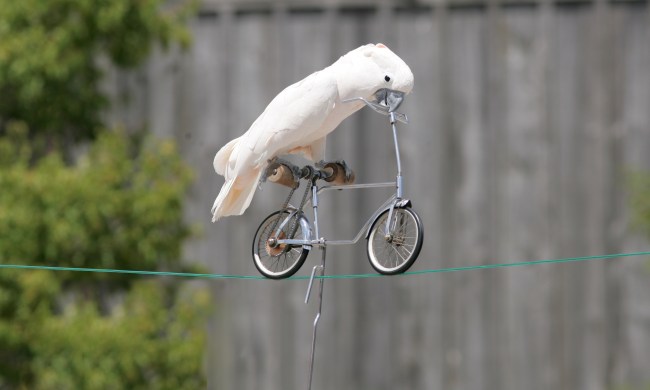
We've all been there: Nothing ruins a day more than winding up with bird poop on your clothing, or worse, your skin and hair. Bird poop seems to strike at the worst times — you're walking down the street and happen under a pigeon or you end up at the wrong end of your parrot.
While all you need is a good scrub to cleanse your body, it takes a bit more effort to get your clothes clean of bird leavings. Don't panic. With simple cleaning solutions, you can get your garments back to new. Here is how to remove bird poop.

How to remove bird poop
You open your cupboard and find almost an endless supply of cleaning materials. But which will get rid of bird poop stains and which will make them worse? Before rushing in, take a minute to take stock. Follow these steps for your best chance of eliminating spots from your fave shirt.
Step 1: Create your mixture.
First and foremost, always use cold water. Because bird poop contains proteins, hot water can actually cook it into the fabric. That will make it worse, and probably permanent.
Start with a mixture of plain old detergent and water, but only a little bit of the detergent. If you have a spray bottle lying around, that will make a great container for your concoction.
Step 2: Apply the mixture thoroughly.
Squirt a healthy amount onto the stained area, making sure to coat the stain thoroughly. If there's a chunk of poop on there (gross), you'll want to wipe that off first as best you can. Use gloves during the entire process to keep your hands clean and make sure you don't come into contact with any bacteria. Let cleanser bubbles sink in for a minute, and apply a bit more of your cleaning concoction
Step 3: Scrub and blot.
Grab a plain cloth and start to rub in your cleanser. As suds appear, blot up any excess. You don't want to push the stain in, so you need to use a light touch. If the stain is on a slick surface (such as a rubber boot), grab a spare toothbrush instead of your rag and give the surface a good scrub.
Step 4: Repeat as necessary.
The stain might not come out completely on the first try. Keep at it, and don't let the area sit too long between cleanings (basically, never allow the fabric to fully dry). The last thing you want is for the residue to bake in if you leave for a few minutes and don't return quickly.
Step 5: Wipe with water.
Once you feel confident that more cleanser won't help, it's time to wash it out. Again using cold water, you want to rinse carefully. While you may be tempted to put the entire piece of clothing under the faucet, you don't want any runoff to drip down on untreated areas. Once you've removed the top layer of the stain, rinse more thoroughly as the fabric allows

Does vinegar work?
Yes, and so do a few other simple solutions. A mix of vinegar and water, water and baking soda, plain seltzer, or hydrogen peroxide — any of these can help get rid of bird poop.
But be careful before you dive into combining solutions. A few things (ammonia and bleach, famously) should not be mixed, so don't mess with that. Only combine a cleaning agent with water, not with other chemicals. Mop it up after it's done its work, with a bit of extra water if necessary.
Other possible options
You can always turn to hardier stain removers, such as carpet spot remover or instant stain remover. And if all else fails, you can try to bleach out a stain.

Closing thoughts
If you've been popped on by one of your own birds, you may want to consider potty training your pet bird, since birds can control when they poop. If your feathered friend knows only to go in a small section of their cage, they won't relieve themself elsewhere if they can possibly help it. Of course, this won't work at all if a wild avian chooses you as a target. That's when you for sure turn to your handy cleansers.



